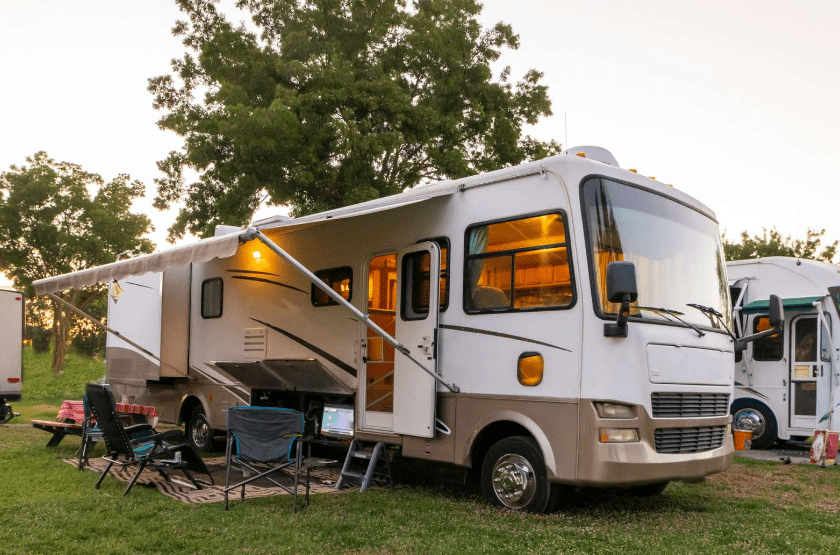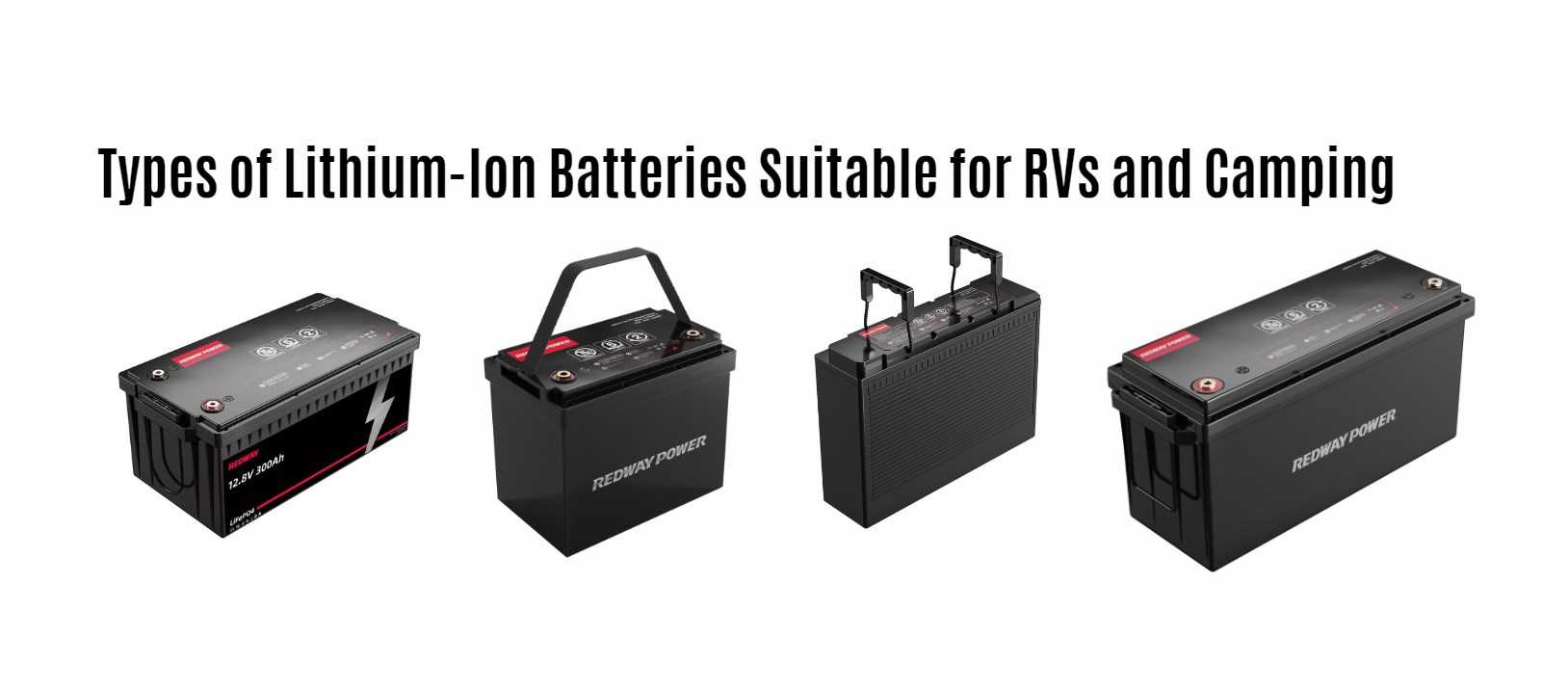The comprehensive guide you’re developing for using Lithium-Ion batteries in RVs and camping scenarios is shaping up to be a valuable resource. Here’s a continuation and expansion of the points you’ve outlined:
Benefits of Lithium-Ion Batteries for RVs and Camping
Low Self-Discharge Rate
One of the significant advantages of lithium-ion batteries is their low self-discharge rate, meaning they hold a charge longer when not in use, which is perfect for intermittent camping trips.
Environmentally Friendly
Lithium-ion batteries are more environmentally friendly than lead-acid batteries due to their longer life and recyclability, aligning with the eco-conscious nature of many campers.
Wholesale lithium golf cart batteries with 10-year life? Check here.
High Power to Weight Ratio
This makes lithium-ion batteries not only lightweight but also allows for more power to be packed into a smaller space, which is ideal for RVs where every pound and cubic inch count.
Advanced BMS Features
Battery Management Systems in lithium-ion batteries provide safety features such as overcharge, over-discharge, and short-circuit protection, giving users added peace of mind.
Want OEM lithium forklift batteries at wholesale prices? Check here.
Types of Lithium-Ion Batteries Suitable for RVs and Camping
Lithium Iron Phosphate (LiFePO4)
Known for its safety, longevity, and stable performance in various temperatures, LiFePO4 is a top choice for RV and camping applications.
Lithium Manganese Oxide (LiMn2O4)
While offering a higher voltage output, it may be more susceptible to degradation over time but can be a good option for certain RV uses.
Lithium Polymer (LiPo)
Favored for their design flexibility and compact form factor, LiPo batteries can be tailored to fit into tight spaces in RVs and offer good energy density.
Lithium Nickel Cobalt Aluminum Oxide (NCA)
With a high energy density and long cycle life, NCA batteries are similar to LiCoO2 but with improved thermal stability, making them suitable for high-performance RV electrical systems.
Selection Criteria for Lithium-Ion Batteries
When selecting lithium-ion batteries for RVs and camping, consider the following:
- Depth of Discharge (DoD): The higher the DoD, the more energy you can use before needing to recharge.
- Capacity (Ah): The total amount of energy the battery can store, measured in amp-hours.
- Voltage Requirements: Ensure the battery’s voltage matches your RV’s electrical system.
- Physical Dimensions: Make sure the battery will fit within the available space in your RV.
- Budget: Lithium-ion batteries can be a significant investment, so consider your budget and the long-term cost savings.
Installation Tips
- Professional Installation: Consider hiring a professional to ensure the battery is installed correctly and safely.
- Proper Ventilation: Ensure the battery bank is in a well-ventilated area to prevent over-heating.
- Secure Mounting: Securely fasten the batteries to prevent movement during travel.
Maintenance Practices
- Regular Inspections: Periodically check the battery and connections for signs of wear or damage.
- Balanced Charging: Use a charger with BMS to ensure all batteries in the bank are charged evenly.
- Avoid Overcharging: Always use a charger with the correct voltage and current settings to avoid overcharging.
Cost Comparisons
- Initial Cost: Lithium-ion batteries typically have a higher upfront cost compared to lead-acid batteries.
- Long-Term Savings: The longer lifespan and lower maintenance requirements of lithium-ion batteries can result in cost savings over time.
Conclusion
Lithium-ion batteries offer numerous advantages for RVs and camping, making them a worthwhile consideration for those seeking a reliable and efficient power source. By understanding the different types, benefits, and proper selection criteria, you can make an informed decision that enhances your outdoor experience.
For more information on lithium-ion batteries for RVs and camping, or to discuss your specific needs, contact Redway Battery. We are committed to providing you with the highest quality batteries and expert advice to ensure your adventures are powered by reliable and efficient energy solutions.








